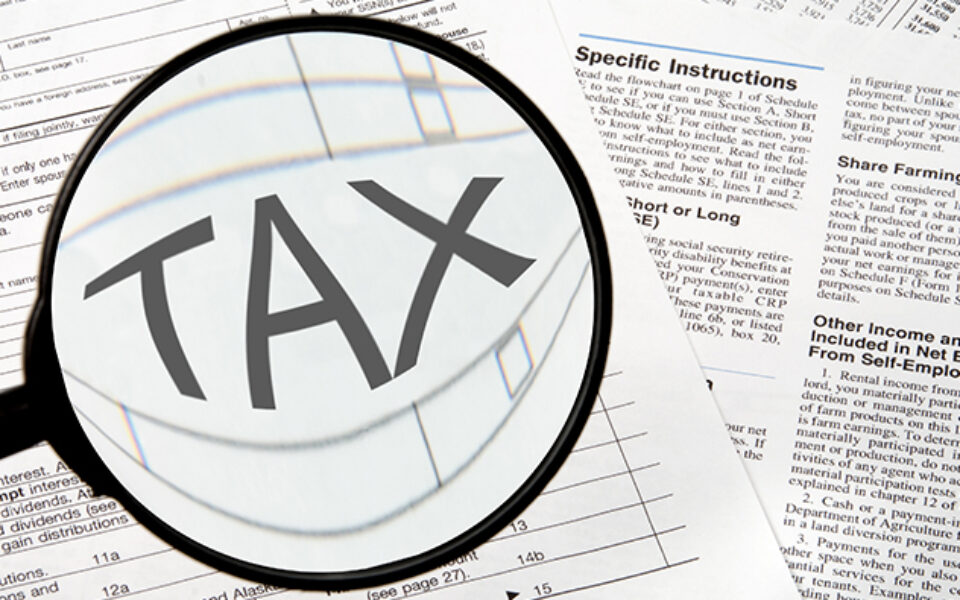IRS To Stop Automatic Mailing of Tax Packages in 2010
By Michael Pytka, Staff Accountant -

Effective tax year 2010, the IRS will no longer be sending out paper income tax packages to individuals and business taxpayers. These tax packages consisted of the forms, schedules and instructions for filing a paper income tax return. This will save the agency around $10 million in paper, postage and printing costs. According to the IRS, so far this year, more than 96 million taxpayers have filed their tax returns electronically, while 20 million have filed paper returns. Of these 20 million, 11.5 million taxpayers did not file through paid tax preparers, and received their tax packages in the mail; thus they will be affected by the IRS decision.
All individuals who filed paper returns for 2009 and did not use a tax preparer or tax software will receive a postcard from the IRS, explaining how to obtain the tax forms and instructions necessary to file their 2010 income tax return. The forms and instructions will be available in early January 2011 from either the IRS website or its offices, as well as participating libraries and post offices. Currently, the IRS has posted on their website several other free options available for taxpayers, which include:
- Individuals making $49,000 or less can use the Volunteer Income Tax Assistance program for free tax preparation and, in many cases, free electronic filing.
- Individuals aged 60 and older can take advantage of free tax counseling and basic income tax preparation through the Tax Counseling for the Elderly program.
- IRS Free File provides options for free brand-name tax software or online fillable forms plus free electronic filing. Everyone can use Free File to prepare a federal tax return. Taxpayers who make $58,000 or less can choose from approximately 20 commercial software providers. There’s no income limit for Free File Fillable Forms, the electronic version of IRS paper forms, which also provides free electronic filing.
Naturally, there has been some opposition to the IRS’s decision. One major criticism is that the amount the IRS is saving is immaterial with respect to their overall budget. The budget is $12.6 billion for 2010, saving the IRS $1 for every $1,260 spent. Many have questioned whether or not this is worth the hardship and inconvenience presented to taxpayers (particularly seniors) living without a computer or access to the transportation needed to obtain their tax packages.
Albeit less convenient to numerous paper filers, the IRS ultimately finds their decision to be overall beneficial to taxpayers due the increasing availability of free electronic options, as well as the environmentally friendly benefits from a reduction in paper usage.

















